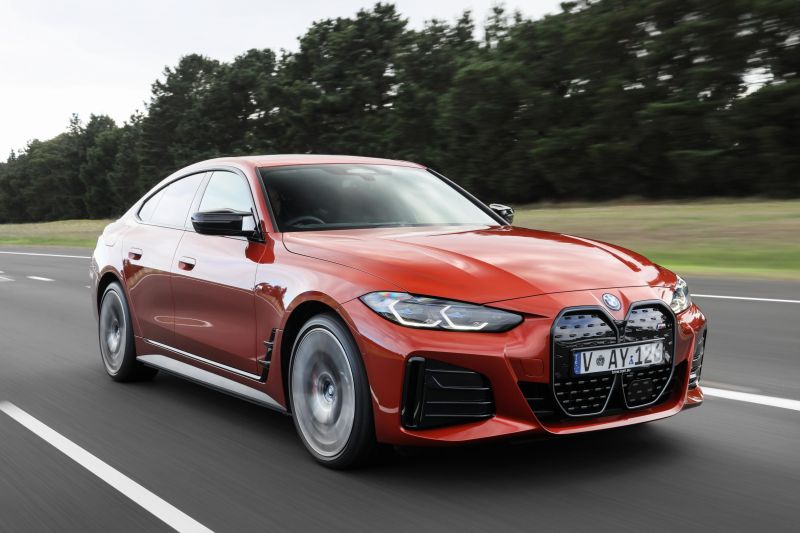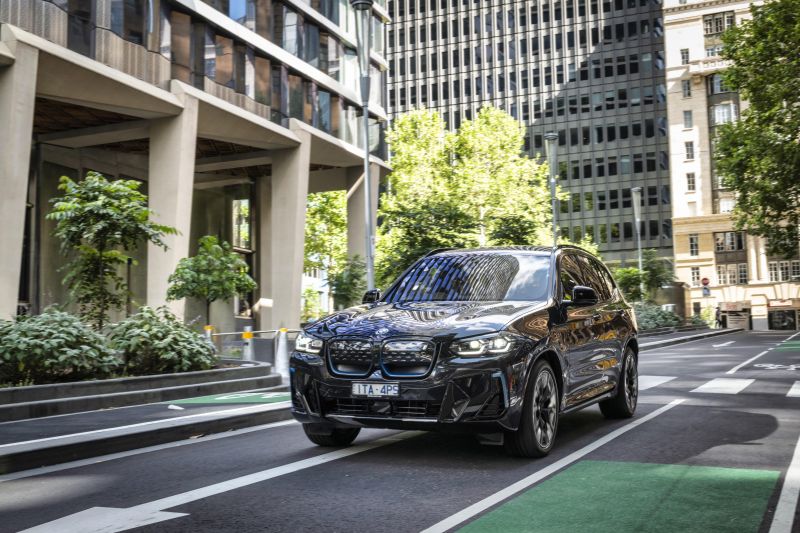BMW is celebrating both its one millionth electric vehicle (EV) sale and continued growing demand for its battery-powered models as rival brands encounter weaker demand.
The BMW Group – which also owns Mini and Rolls-Royce – reported that its global electric vehicle sales rose 27.9 percent between January and March compared to the same quarter last year, with 82,700 cars sold in the three months.
This included the automotive giant’s one millionth electric vehicle since production of the BMW i3 began in September 2013. However, which milestone vehicle it was was not announced.
Growing electric vehicle sales accounted for 13.9 percent of the 594,671 vehicles sold in the quarter by the three brands, up just 1.1 percent year-over-year.
In comparison, German rival Mercedes-Benz saw its electric vehicle sales fall by eight percent in the same period, with 47,500 vehicles delivered, representing the brand’s overall quarterly sales decline.
Tesla, the electric vehicle industry leader, also reported an 8.5 percent decline, the first time it hasn’t grown in a quarter since 2020.
Accordingly BloombergThis year-on-year increase in BMW Group electric vehicle sales could result in the company’s battery-powered vehicles accounting for 20 percent of its sales in 2024 – another important milestone for the traditional manufacturer.
BMW noted that the i4, iX3, iX1, iX and i7 electric cars are “particularly in demand,” while the electric i5 “is proving particularly popular.”
In Australia, BMW sold 1423 electric vehicles in the first three months of the year, with the iX1 (476 sales) and i4 (457 sales) cracking the top 10 in the battery-powered vehicle market.
Although certain regions such as Europe are set to ban sales of new gasoline and diesel cars by 2035, BMW has not set its own timeline for converting its global lineup to all-electric vehicles.
Last year, BMW Group Chief Development Officer Frank Weber explained why the brand has not yet committed to switching fully to electric vehicles.
“Ask yourself, ‘What have I done for an economy that is 100 percent BEV?’ [battery electric vehicle] Ready?” said Mr. Weber.
“This economy is actually made up of four areas: green electricity, which is enough for production, for cell manufacturing, for everything you can imagine, and of course for powering these vehicles.
“It means that green raw materials are sufficiently available, whether in Europe, the US, China, wherever you are and wherever you produce, there must be truly green supply chains for these raw materials.”
“Charging infrastructure is a given – without it it doesn’t work. And the last thing is: If you don’t close the material cycles through recycling, the BEV system is not sustainable.
“This is the BEV economy. So what is clear to us? These are fundamental structural changes in our industry and it’s sometimes strange to have the impression in the discussions that this can happen overnight – it’s crazy!”
MORE: BMW – Without a sustainable economy, it is “crazy” to only drive electrically
MORE: BMW won’t give up gasoline and diesel when the electric revolution takes hold


